Another example of the technology Finn holds dear is its dealership security system.
Cameras and sensors at every dealership enable a small team in a secure room at Loxley House to monitor every site in the group.
If a sensor is triggered out of hours, it pops up a live camera feed to the secure room together with contact data of the local police.
The security operatives can speak live to the visitor, to advise them to return when the business is open, and can alert the police if the visitor appears suspicious.
It saves having a security patrol for every single dealership.
It’s a clear illustration of how Pendragon sees technology as a way to improve results and reduce costs in the future.
“We’re interested in smarter ways of doing things using technology. So we’ve got a big thrust on systems and processes, if it can make us more efficient and effective.
"Process which we’d link to cost, because generally speaking it improves your cost and your productivity.”
Now that every dealer has become switched on to service plans and vehicle health checks, Pendragon is using technology to “move the needle”.
It’s a needle that must move, because the number of franchised dealerships in the UK is in decline, those that remain make increasing investments in facilities and standards and optimise all aspects of their business because, meanwhile, the new car retail market has shrunk and the leasing industry dominates.
Smaller networks in future
Finn believes a contraction in the franchised networks is needed, as the footprint of UK dealerships hasn’t declined in pace with the opportunities.
Throughput per location is a big issue for profitability.
He described Renault UK’s decision to cut a third of its dealerships as “based on logic and therefore likely to be successful” and said a change to the sector’s business model is needed, as dealer margins become more of an issue.
But the change will be driven by the manufacturers.
“Things need to change, but that’s not my decision is it?
"I’m not in control of the new car market, or the way that new cars are sold so from our perspective we can only adjust and adapt to fit in with the market.
"We can’t actually make the market do what we want it to do.
"You know there’s no question about it, the structural change in the market is the thing that affects the dealers, and that can only be described as structural change.”
“The thing that obviously I have to address is what’s happening to our business, but the new car market is run by the car manufacturers and we’ll do what we can do in that market.
We’d expect, in any market where we represent the manufacturer, to do a good job for the manufacturer, but no matter what we do we can’t change the UK market.”
He questioned whether consolidation over the past 10 years had benefited dealers commercially.
For Pendragon the biggest benefit has been achieving the scale to apply technology to become more efficient, he said.
However, he warned dealers’ investments cannot be sustained forever if they cannot make a return without the “smokescreen” of property appreciation.
After a 20-year period when Pendragon doubled in size every three years through acquisition, the economic climate has led it to focus on the business it has.
Not everything worked out.
Finn said with hindsight there would’ve been plenty of things to change, but there’s little point to hindsight.
But the wins make up for the losses.
Pendragon has topped the sector for more than a decade.
Finn claimed Pendragon has a better business footprint today than it ever had, with stronger, adaptable teams and more depth – robust foundations for build-ing upon.
It also has greater levels of management information, and more focus on customer data and engagement.

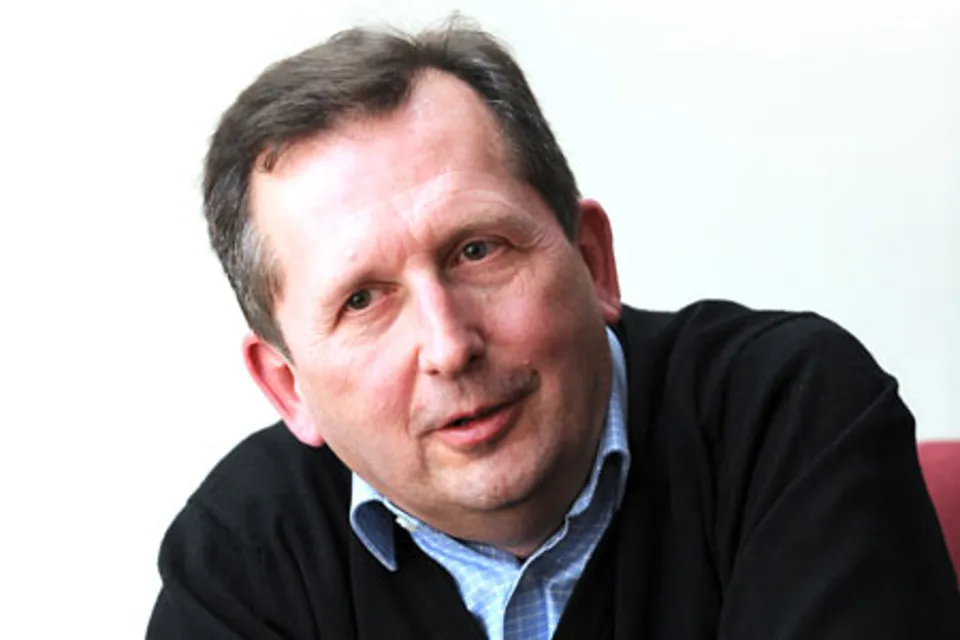




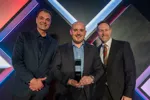

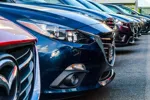
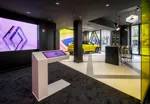

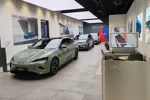

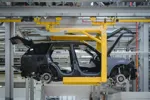




kevthebass - 22/02/2012 10:05
Perhaps no one was surprised because Mr Finn's comments were hardly new, people have been saying exactly the same thing for years. I'm sure there will be changes but buyers will still need to drive the vehicle they are contemplating purchasing, even if they then order it online. Aftersales has been more profitable than sales for the past 20+ years and yet is pretty much an afterthought for most franchised dealer groups, most need to improve CSI significantly and are too expensive. What's needed is a massive reduction in overheads, including the "glass palaces" that attract no additional customers, provide no customer service benefit (have you ever tried to park at any main dealership?) just additional costs which need to be recovered. A trip around mainland europe will reveal a totally different vehicle franchise approach, very few "glass palaces" and far more small owner-operated sites which would never meet the "franchise standards" imposed in the UK. Buyers will travel further for their exciting new vehicle purchase (or get it delivered!)but will not travel for the "distress purchases" of aftersales, so the network should reflect that. Given that new vehicles sales make minimal profits (thanks to the internet and dealers living off manufacturer rebates) it's not rocket science to work out that used vehicles and aftersales provide the best profit opportunities, that's why there are so many independents making a very good living. Of all the dealerships in the country I had rather hoped that Pendragon Group would be the first to disappear. Finally, centralised national workshop bookings, cheaper; possibly, better for customers; almost certainly not. A vehicle repair workshop is a very complex and fluid entity, it cannot be operated efficiently from a remote location, no matter how sophisticated the DMS, not even Pinewood!